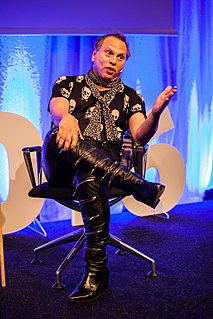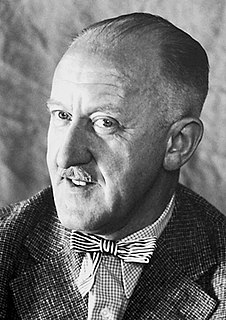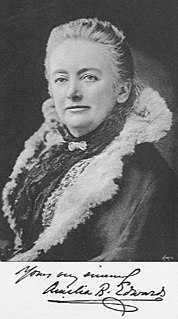A Quote by John Stuart Mill
Truth gains more even by the errors of one who, with due study and preparation, thinks for himself, than by the true opinions of those who only hold them because they do not suffer themselves to think.
Related Quotes
[Science] dissipates errors born of ignorance about our true relations with nature, errors the more damaging in that the social order should rest only on those relations. TRUTH! JUSTICE! Those are the immutable laws. Let us banish the dangerous maxim that it is sometimes useful to depart from them and to deceive or enslave mankind to assure its happiness.
The heroes and discoverers have found true more than was previously believed, only when they were expecting and dreaming of something more than their contemporaries dreamed of, or even themselves discovered, that is, when they were in a frame of mind fitted to behold the truth. Referred to the world's standard, they are always insane. Even savages have indirectly surmised as much.
There are many who say more than the truth on some occasions, and balance the account with their consciences by saying less than the truth on others. But the fact is that they are in both instances as fraudulant as he would be that exacted more than his due from his debtors, and paid less than their due to his creditors.
There are few ways in which good people do more harm to those who take them seriously than to defend the gospel with arguments that won't hold water. Many of the difficulties encountered by young people going to college would be avoided if parents and teachers were more careful to distinguish between what they know to be true and what they think may be true. Impetuous youth, upon finding the authority it trusts crumbling, even on unimportant details, is apt to lump everything together and throw the baby out with the bath.
It may be said of some very old places, as of some very old books, that they are destined to be forever new. The nearer we approach them, the more remote they seem: the more we study them, the more we have yet to learn. Time augments rather than diminishes their everlasting novelty; and to our descendants of a thousand years hence it may safely be predicted that they will be even more fascinating than to ourselves. This is true of many ancient lands, but of no place is it. so true as of Egypt.









































